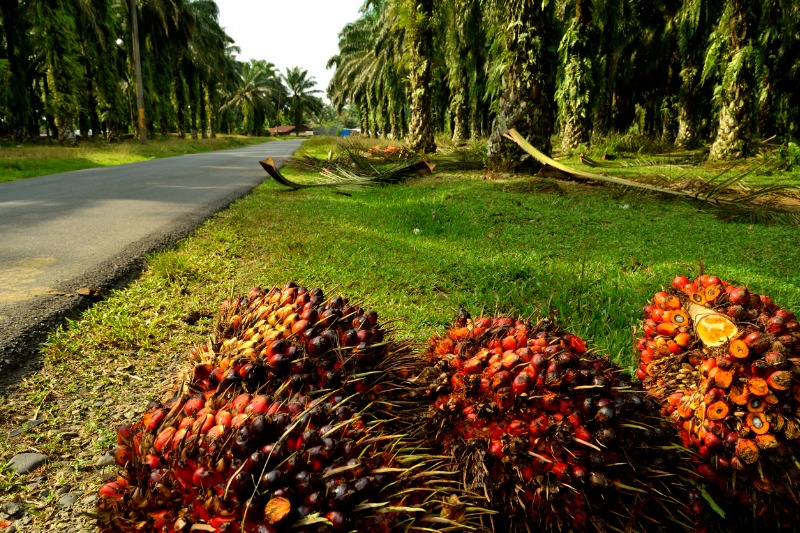As the world’s second-largest palm oil producer, about 5.2 million hectares (ha) or 88% of Malaysia’s total oil palm plantation areas in the country have been certified by the Malaysian Sustainable Palm Oil (MSPO) standards. The MSPO certification scheme is mandatory across the board for the industry to provide credible, sustainable and responsible management and bring positive social, environmental, and economic impacts. This is amidst the US government’s ban on Malaysian palm oil imports in December 2020 over allegations of forced labor by local plantation conglomerate, Sime Darby Plantation Bhd.
From the overall figure, around 3 million ha or 32% are smallholders’ land parcels have successfully obtained MSPO certification. The hectarage includes oil palm land owned by 93,255 smallholders. Additionally, the government managed to boost the indigenous community’s participation in oil palm cultivation through community programs, resulting in 8,177 smallholders from the native group with a total of 17,951 ha of plantation areas that have been fully certified.
According to the Malaysian Palm Oil Council (MPOC), the total Malaysian palm oil production will grow slightly by 200,000 tons to 19.6 million tons in 2021, versus 19.4 million tons in 2021. Malaysia’s crude palm oil (CPO) exports are estimated at 4.5 million tons, with India, the Netherlands, Kenya, Italy, and Spain being among its major markets.
(Sources: Malaysian Reserve; Edge Markets)
